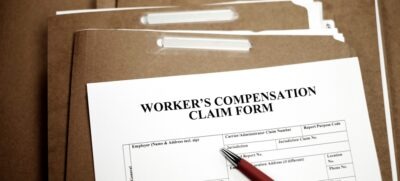
If you are injured while working at Hilton, you should report the injury to your supervisor right away, get medical care, and file a workers’ compensation claim. You have legal rights that protect you if you’re hurt on the job. We help hotel workers across Georgia recover benefits for job-related injuries. Our Hilton workers’ compensation lawyers …



















